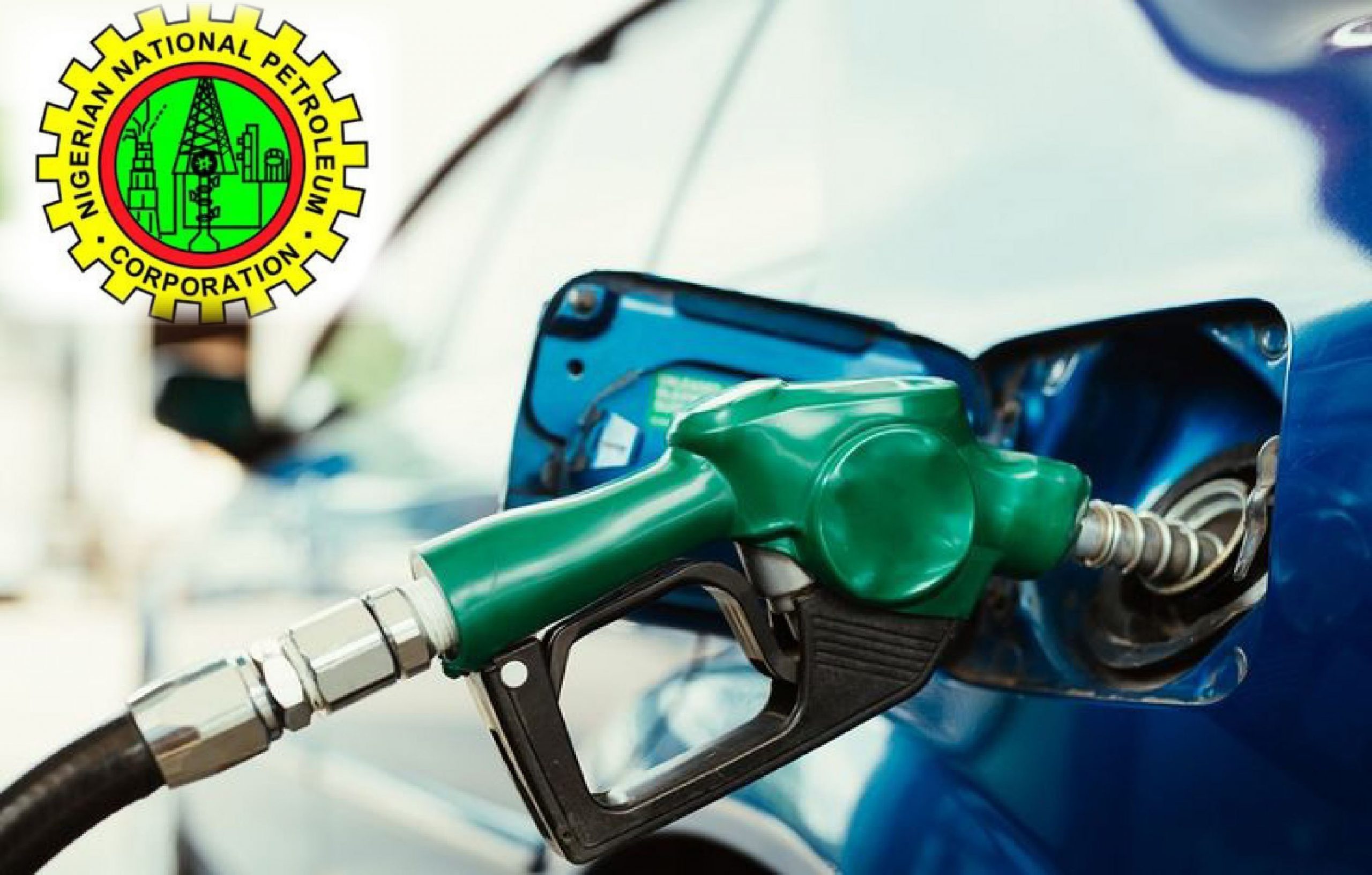Consequently, the margin between the parallel market and NAFEM rates narrowed to N1.57 per dollar from N55.79 per dollar on Monday.
Business
Nigeria’s payment landscape set for a revolution with contactless technology

Nigeria’s payment landscape set for a revolution with contactless technology
The payments industry thrives on constant innovation, and 2024 has presented a year of particularly significant transformations.
Within the Nigerian economic landscape, small and medium-sized businesses (SMBs) constitute over 90% of the total business landscape.
As Nigeria embraces digitization, SMBs equipped with the right tools and payment solutions are poised to thrive. Digital payments are transforming opportunities for SMBs to pay and be paid, making it possible to reach new audiences, easily accept secure payments, track and monitor spending, increase security and safety, improve efficiencies, and grow like never before.
Contactless payments are the catalyst for the next generation of payments, and the gateway for the countless possibilities in the world of connected devices.
They continue to gain traction among consumers, merchants, and banks worldwide. In Australia, for example, nearly 90% of card-present transactions are made through contactless payment means.
In London, the transportation system works with the same technology. This technology could streamline payments in Nigeria, producing significant benefits for the entire ecosystem.
The Central Bank of Nigeria has released guidelines for contactless payments. The guidelines seek to ensure that participants in contactless payments implement appropriate risk management measures while keeping to the best industry standards.
Contactless payment technology is a fast, convenient way to make everyday purchases, especially at supermarkets, fast-food restaurants, gas stations and public transportation, helping consumers transform their lifestyle by streamlining their payment experience – all in just a few seconds for each transaction.
READ ALSO:
- Sports journalist Chapele brutalised by brothers
- Will the humble pie heal ECOWAS? – Azubuike Ishiekwene
- NIN linkage: Millions to lose access to their money as banks ‘move’ to block accounts
Consumers are the biggest winners: contactless technology allows payments to be made simply by bringing the card over the payment terminal via short-range wireless technology.
There is no need to swipe or dip the card, and in many cases, it isn’t necessary to enter a PIN or password. This technology has the same security standards employed by chip cards.
Say goodbye to the long lines at checkout! This technology provides benefits to store owners, who can use it to ensure quick, streamlined payments at the register and increase operational efficiency by reducing cash usage.
This in turn improves the user payment experience and increases sales. Without this technology, there is no interoperable platform for the growth of mobile payments in Nigeria or the use of increasingly popular new payment devices, including bracelets, watches, and rings.
Contactless payments allow you to build new experiences to replace cash usage. Additionally, it offers powerful benefits to issuer banks.
Not only does it help penetrate small-ticket transactions and participate in new acceptance categories, but it also accelerates digital migration by driving preference for the banks’ products and developing new payment uses by combining tokens, biometrics, and other available platforms to improve the user experience.
The introduction of new technologies such as contactless in Nigeria will further support the CBN’s cashless policy to reduce the reliance on cash transactions.
The opportunity to expand contactless payments is huge, as it brings benefits to all ecosystem participants.
Nigeria’s payment landscape set for a revolution with contactless technology
Business
Naira trades at N1,415/$ on parallel market

Naira trades at N1,415/$ on parallel market
The Naira yesterday depreciated to N1,415 per dollar in the parallel market, from N1,410 per dollar on Monday.
Similarly, the Naira depreciated in the Nigerian Foreign Exchange Market, NAFEM, to N1,416.57 per dollar.
READ ALSO:
- Foreigners now visit Nigeria for plastic surgery, others – Minister
- Father of 12 found dead in Bayelsa brothel after sexual escapade
- Man bags life imprisonment for raping 8-year-old girl in C’River
Data from FMDQ showed that the indicative exchange rate for NAFEM fell to N1,416.57 per dollar from N1,354.21 per dollar on Monday, indicating N62.36 depreciation for the naira.
Business
CBN extends suspension of cash deposit charges by bank customers

CBN extends suspension of cash deposit charges by bank customers
The Central Bank of Nigeria (CBN) has directed commercial banks to extend suspension of charges on cash deposit until September 30 this year.
This directive was conveyed through a circular dated May 6, signed by Adetona Adedeji, the Director of Banking Supervision at the apex bank.
The banks had reintroduced fees for deposits exceeding N500,000 for individuals and corporate account holders on May 1.
Following the banks’ decision, individuals were set to incur a two per cent charge on deposits exceeding N500,000, while corporate account holders faced the same levy on deposits surpassing N3 million.
The new circular read, “Please refer to our letter dated December 11, 2023, referenced BSD/DIR/PUB/LAB/016/023 on the above subject, suspending processing charges imposed on cash deposits above N500,000 for individuals and N3,000,000 for corporates as contained in the ‘Guide to Charges by Banks, Other Financial Institutions and Non-Bank Financial Institutions’ issued on December 20, 2019.
“The Central Bank of Nigeria hereby extends the suspension of the processing fees of two per cent and three per cent previously charged on all cash deposits above these thresholds until September 30, 2024.”
Business
Fuel: Independent marketers introduce new pump price

Fuel: Independent marketers introduce new pump price
New reports indicate a surge in fuel pump prices across the nation, with both major and independent marketers adjusting their rates.
Investigations conducted in Abuja and Lagos reveal a significant disparity in petrol prices between stations owned by major and independent marketers.
Major marketers are keeping their prices relatively steady, whereas independent operators have increased their rates by 20 to 30%.
READ ALSO:
- 33 states face flooding risk, NEMA warns
- Diego Maradona’s golden ball trophy for auction in Paris
- JUST-IN: Tinubu returns to Nigeria after Netherlands, Saudi trips
Presently, major marketers are vending at an average of ₦605 per litre, while independent marketers are setting prices at around ₦730 per litre.
Independent marketers attribute the price hike to a breakdown in the system of the Nigerian National Petroleum Company Limited (NNPCL), pointing to advantageous Business-to-Business transactions benefiting major marketers.
They clarify that independent marketers no longer have direct access to imported petroleum products at depot prices.
Further investigations indicate that while petrol is available at stations throughout Lagos, prices have not decreased.
A motorist, Olatunde, disclosed purchasing petrol for ₦850 per litre at a station along the Iju-Ishaga area of Lagos, despite the absence of queues. He noted this as a significant increase compared to the previous ₦630 per litre.
Fuel: Independent marketers introduce new pump price
-

 metro3 days ago
metro3 days agoDSS seals Plateau clinic over patient’s death
-

 Politics3 days ago
Politics3 days agoPDP: Sule Lamido blames court for mass resignation from party
-

 metro3 days ago
metro3 days agoWe’ve arrested seven suspected cultists, armed robbers in Anambra – Police
-

 International1 day ago
International1 day agoNetanyahu rubbishes Hamas ceasefire proposal
-

 Politics23 hours ago
Politics23 hours agoAbia deputy gov candidate, lawmaker dump PDP
-

 Africa3 days ago
Africa3 days agoFather mourns 14-year-old daughter poisoned at school, says ‘I’ve failed you my baby’
-

 News2 days ago
News2 days agoNigerian varsity VC suspended over alleged gross misconduct
-

 News2 days ago
News2 days agoFubara: I have moved on with governance despite political pressure










